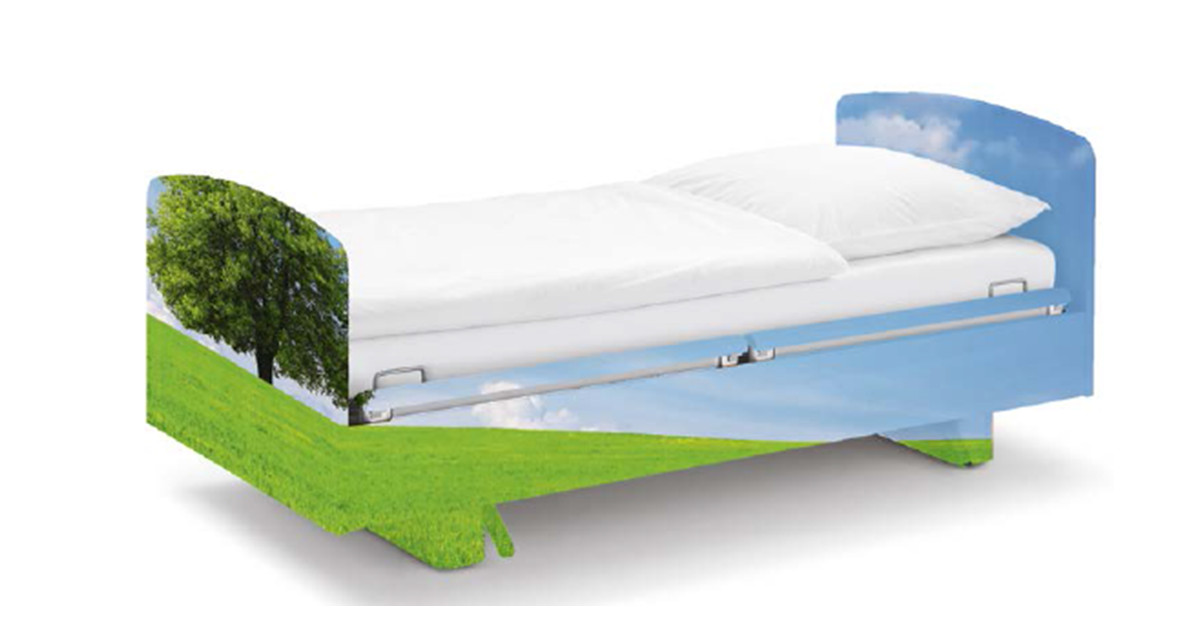More than half a million people work in Germany last year in geriatric care. This high number of potential world-improvers should by no means be underestimated. But how can environmental protection be arranged in the old person care? Pflege-today finds tips suitable for everyday life:
Small change – large effect
Everything begins with consciousness. This also applies to environmental awareness. The more specialists inform themselves and bring the topic into conversation in their everyday work, the more concrete the personal attentiveness becomes. It is important not to dismiss small steps as unimportant, but to listen to the saying „The masses do it“.
The Theresianum nursing home in Fürstenfeldbruck shows how sustainable behavior can be implemented. Responsibility is the key word. „We pay attention to the efficient use of all resources. For us, sustainability is not just a theoretical concept, but the practical implementation of small steps in everyday life,“ says the home’s management report.
Conserving resources
It is no secret that a careful use of resources such as energy and water is recommended. The Theresianum, for example, relies on measures such as a photovoltaic system on the roof of the house or heat recovery in the kitchen. In addition to the actions of the home management, there are also aspects that every specialist can bring into the daily work routine:
Sustainability in everyday work – concrete tips
– Environmentally friendly to work: You can carpool with colleagues or cycle to home to reduce your carbon footprint. Many employers offer job bikes. In this case, part of the gross salary is converted, for example into a leasing rate. This saves up to 40 percent compared to the classic purchase.
– Once at work, you should avoid printing unnecessary paper. Ask yourself whether printouts of rosters, to-do lists or e-mails are necessary. Over time, you and your colleagues will save entire mountains of paper. By the way: According to WWF, printing unread paper kills about half a million trees per year. In addition, pointless printing emits 655,000 tons of greenhouse gases.
– Plastic consumption can also be minimized. Packaging and plastic bags can be used again or for other purposes. If we use the plastic bag a second time – which is realistic – we would have to reuse a cotton bag 173 times for the same size CO2 footprint.
– When washing a home resident, make sure to keep the water pressure low and do not let the water run for no reason. The same applies to hand hygiene, which should be more intensive and thorough since Corona. If you turn off the water when soaping your hands, you will save several liters.
– Well-organized waste separation is also important to protect the environment. The more care you take, the more effectively recyclable materials are processed later. A yoghurt cup, for example, can only be recycled if the lid is removed. In contrast to lids on jars. Modern waste glass plants sort them out automatically.
– At the end of a working day, you should not leave electrical appliances in standby mode. To avoid unnecessary power consumption, please pull the plug. This also applies to the washing machine that is not running or the cell phone charger cable that is not charging. Both are power guzzlers.
Promoting regionality
Every facility for the care of the elderly is an essential part of the social life of a community. Therefore, active cooperation with local service providers or suppliers promotes the regional economy and protects the environment at the same time. The Theresianum provides an example: Only regional plants are used in the garden of the nursing home. In the kitchen, too, cooking should be as seasonal as possible. Strawberries in winter are small CO2 monsters from an ecological point of view, since they come to Europe by ship from South America. Ideal are partnerships with local small businesses, farmers and service providers. Also less meat on the menu is good for the environment. Address ideas and contacts with the home management.
Use alternative products
There are many environmentally friendly variants for things that are used daily at work. Before making a purchase, you should find out about manufacturers who care about sustainability. From small things like toilet paper made from recycled waste paper to the purchase of care beds with environmental certification – sustainability knows no limit.


